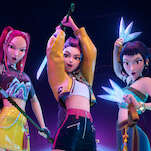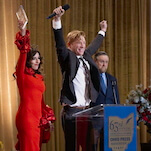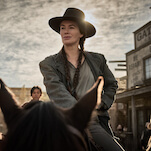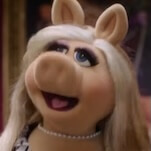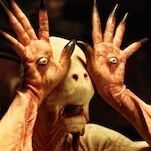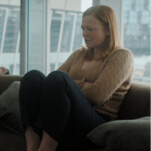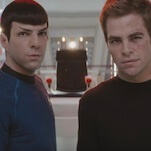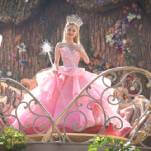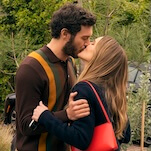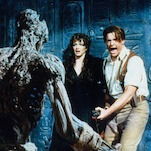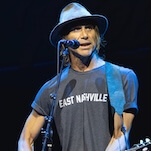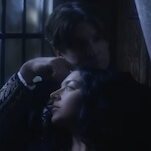The theatrical release of Robert Rodriguez and Quentin Tarantino’s double-feature exploitation flick Grindhouse in 2007 was a tremendous miscalculation of gauging audience interest in the rough and tumble world of B-movie pulp. Some people were puzzled by the “old-school night at the movies” structure of the project (fake trailers, grainy footage), while others were turned off by the intentionally gruesome and trashy nature of it, especially Rodriguez’ opening flick Planet Terror. But that was just among those who actually sought it out—most people simply avoided it. A $53 million project topped out at less than half of that in domestic grosses, making it Tarantino’s only flop. Which is a shame, because while the overall experience may not be to everyone’s taste, the director’s back-half feature, Death Proof, is a great little film. Full of his signature loquacious dialogue and a knockout car chase, it delivers on the promise of seeing the director indulge his wild side, to great effect. As usual, his song selection is phenomenal, but the scene that sets up a night out at a bar for his female protagonists—who don’t yet realize anything unsavory is afoot—is one of his best musical cues yet.
Smith’s “Baby, It’s You” is a cover of the Burt Bacharach song, and a track from the band’s 1969 debut album. It was also their only real hit, selling more than one million copies and out-charting popular versions of the song by The Beatles and The Shirelles. After follow-up singles and a second album failed to capitalize on that success, the band broke up. Aside from the group’s cover of The Band’s “The Weight,” which appeared on the Easy Rider soundtrack, this was the only real legacy of the group in pop culture.
Still, it’s easy to see why this was the version that clicked with audiences. Arranged by ’60s rocker Del Shannon (who was also responsible for getting the band signed), this version is a soulful showcase for singer Gayle McCormick. Her shattering wail takes the refrain and turns it into a blistering and cathartic release. Where other versions of the tune tend to maintain a more even keel throughout, McCormick makes it go from plaintive, to seductive, to ferocious, until finally letting rip that awesome yell as the song reaches its peak, only to pull it right back down into the sultry vibrato where she began.
As such, it functions as the perfect musical announcement of DJ Jungle Julia and her friends. These women are tough and uncompromising, but also loving and warm. And just about everything they do, they do with bold strokes, the human equivalents of that powerhouse voice that manages to be everything all at once—sexy, confident, sharp, dominating—in the course of a few minutes.

